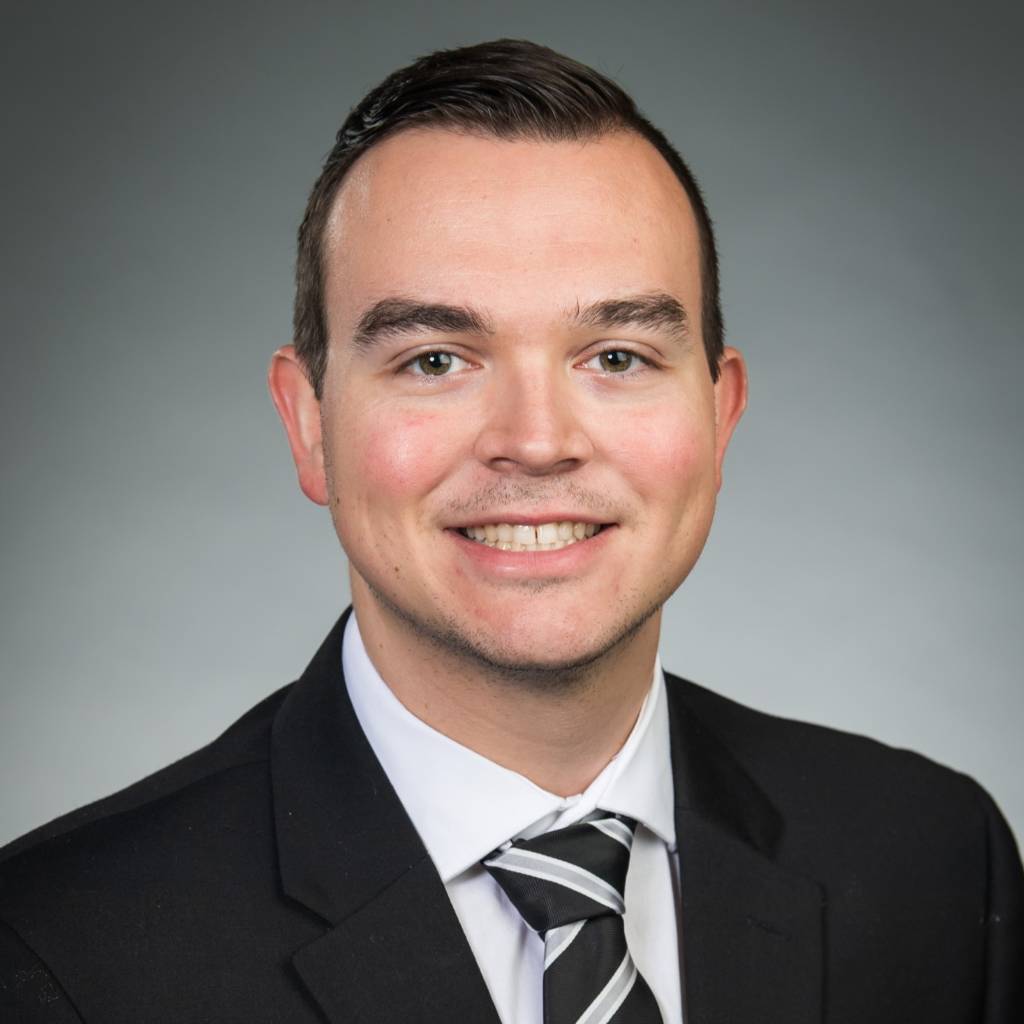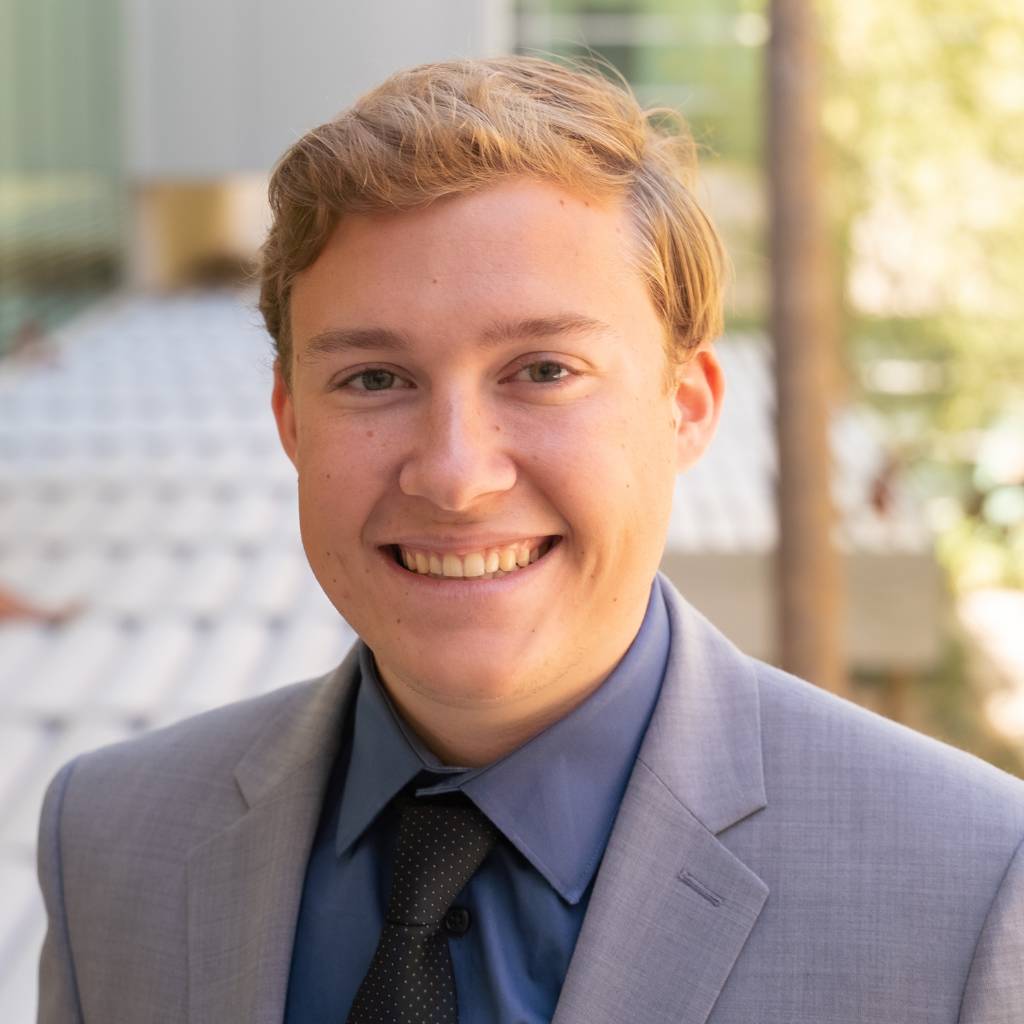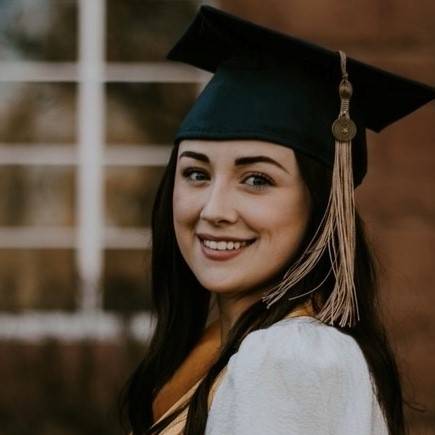The Road to the CPA
May 10, 2024
By Haley MacDonell
When you were a CPA candidate, how did you manage all your responsibilities? CPA hopefuls have to juggle it all: a career, an education program, commitments to loved ones and maintaining general wellbeing. Studying and choosing the path to the CPA exam is a decision not taken lightly.
Additionally, today’s candidates grapple with the extensive changes to the CPA exam, CPA evolution, to transform with the rise of new technology and skillsets. The new exam has three exams covering financial reporting, auditing and regulation and requires candidates to also test on one of three disciplines — Information Systems & Controls; Business Analysis & Reporting; and Tax Compliance and Planning.
Nearly 40 years after the 150-hour rule was proposed and six months after the most dramatic CPA exam change in decades, what does the journey look like from accounting hopeful to adding CPA after their name? We asked four newly designated or soon-to-be CPAs about their road to the CPA.
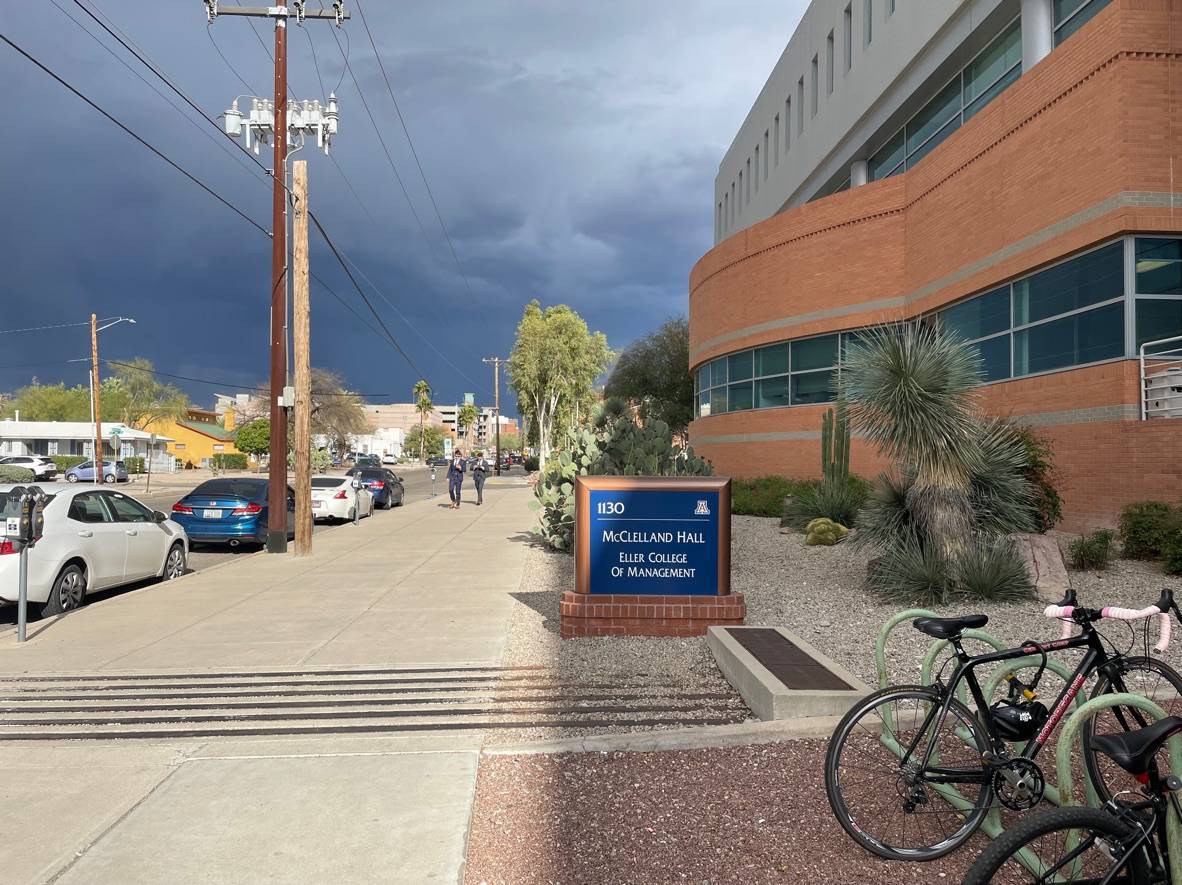
If progression toward the CPA designation is a road, then adding a master’s of accountancy or taxation is main street.
At the University of Arizona Janeé Johnson, CPA, senior lecturer and associate director for the Dhaliwal-Reidy School of Accountancy (DRSOA) has worked closely with enhancing the master’s program through engaging student events, peer-to-peer learning among faculty and up-to-date courses. According to Johnson, about 90% of master’s students are on their way to the CPA designation.
Johnson, who is being recognized this year as the ASCPA’s Excellence in Teaching Award recipient, is dedicated to keeping the master’s program as relevant as possible for future accounting professionals and shares plenty of her experiences from being a tax manager early in her career. She continues to prioritize mentorship in the program, a change that is being felt across accounting education.
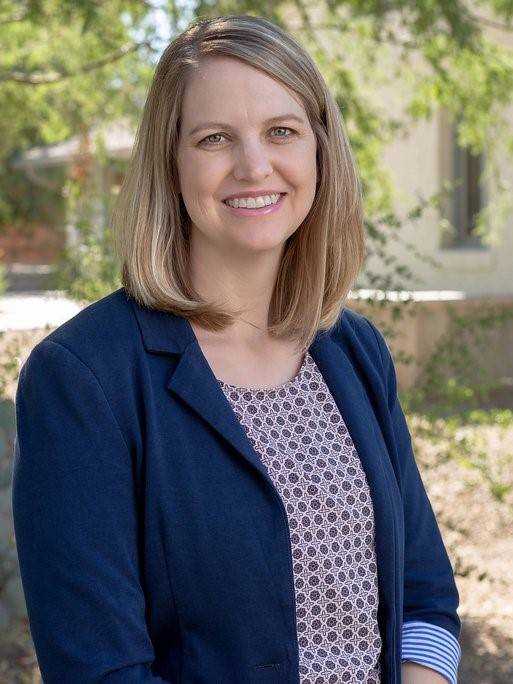
“For many decades, including when I was a student, accounting programs used certain classes as weed-out classes, to whittle down our student group to only the best of the best,” Johnson said. “That mindset has to change. Now, we strive to mentor in. There are plenty of intelligent, capable students that would make outstanding accounting professionals, but they need our help and guidance to be able to see that future for themselves.”
Keegan Reynolds started his career in the Navy and earned his accounting degree while stationed in Richmond, Virginia. At first, he thought he would become a math teacher, just like his grandmother. In the end, he followed his stepmom and grandfather, who worked as a recruiter in the accounting industry and a CPA, respectively. He saw just how far the credential could take him. Now working toward a Master of Accountancy at the University of Arizona, there’s a lot to juggle between his classes, his full-time job and preparing for the exam.
“You have to take it one day at a time,” he says. “The hardest part isn’t finding the time to study: It’s ensuring that you still keep time to yourself. You need to go to the gym, hang out with family and make sure you don’t just fall into the world of accounting.”
He’s happy with his progress, but one piece of the updated CPA exam is slowing him down: receiving his exam scores.
“I feel like this journey was slightly easier last year,” Reynolds said, “because you could find out your score much faster. I took my audit exam at the end of January, but I won’t find out until June if I passed. That’s six months.”
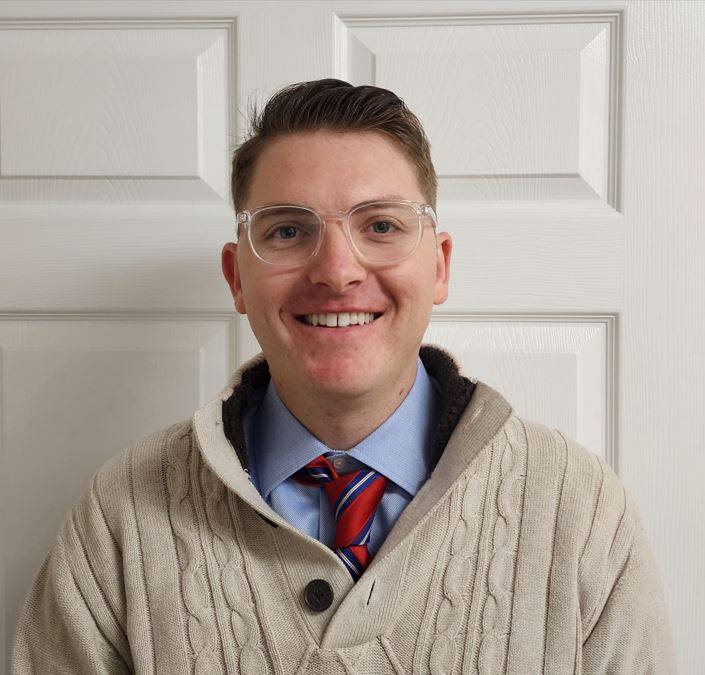
Reynolds is pushing forward, preparing for the next section, but if the scores don’t come back in his favor, he has to retrace his steps to six months ago before retaking the exam. He’s not alone. All CPA candidates who were taking the new exam agreed that waiting six months for scores has slowed their progress.
Some organizations are likely to reward early career accounting professionals who earn their CPA within one year with a bonus. Additionally, adding the CPA credential to your resume unlocks leadership opportunities and advancement.
For other CPA candidates, another deadline was counting down: the rollout of the new exam. Matthew D. McCann, CPA, who was licensed in March, was one of many CPA hopefuls who made decisions about sitting for the exams based on the upcoming changes. As the CPA Evolution exam changes loomed, he had one section left to sit for that was undergoing major changes: the Business and Environmental Concepts (BEC) section. The section wouldn’t exist in CPA Evolution.
“I had about six months before the changes would take place,” McCann said. “I remember thinking that if I failed it, I’ll try one more time. If I don’t get it the second time, I’m going to have to read up and adjust to the new exam.”
He made it a priority to take the test, and pass, before the change would take place in January, studying every day, even if it was just 30 minutes. McCann sat for and passed the final section of the CPA exam, just a few months before the new exam rolled out.
At Northern Arizona University, Laila Herbert and her cohort of CPA candidates were preparing to sit for BEC as their first section around the same time, even though it was on the chopping block.
“I purposefully took it to keep the credits,” Herbert explained. “Usually, sections expire in 18 months, but I get 18 months from January, even though I took it in September. It gives me extra time.”
Herbert is on her way to the CPA on a road less traveled: an MBA program. At NAU, she can earn her degree in an accelerated 10-month sprint.
“My MBA has an accounting track, but most of my classes are management courses,” she explains. “I felt ready to take the CPA exams after my undergrad. I felt like I had all the knowledge, and if there was anything I didn’t have, it was going to be in the study materials. I really only needed the credits.”
The greatest perk of her MBA is seeing the big picture, as a business advisor and entrepreneur. It also impacted her career interests. Two years ago, she was prepared to go into public accounting, for the track to partner. With more business acumen under her belt, she could see herself branching into private accounting or launching her own business one day.
Nathan Schulhof, a recent graduate from the University of Arizona, also went beyond traditional courses to fulfill the requirement. He completed the 150-hour requirement in just four years through concurrent degrees in accounting and management information systems.
“I talked to one of the advisors, because I knew I wanted to be a CPA, but I didn’t want to do a master’s degree and be in school for that long,” Schulhof says. There, he learned that as long as he earned the additional credit hours, and the correct amount specific to accounting, then he would be eligible. He’s relying on supplementary study materials, like Becker — a favorite among all interviewees — to prepare him beyond his undergraduate degree.
From all the candidates and new CPAs who spoke to AZ CPA for this article, all of them agreed on one thing: the camaraderie of their peers was a great benefit of earning the extra 30 credit hours through a fifth year of education.
For Laila Herbert in Flagstaff, she and her cohort of candidates took the BEC section the same week and went out to dinner to celebrate all their hard work. They hosted study sessions and strategized which exams to take first. For Matthew McCann in Phoenix, it was his master’s cohort and its group text thread that kept him going. For Keegan Reynolds in Tucson, it’s the push from his manager at work, a CPA, and the support from his parents and fiancée.

